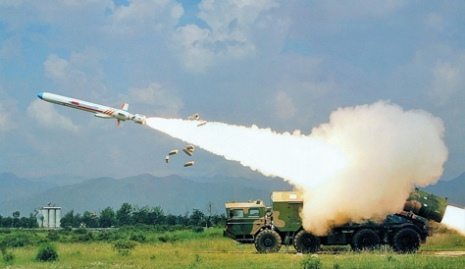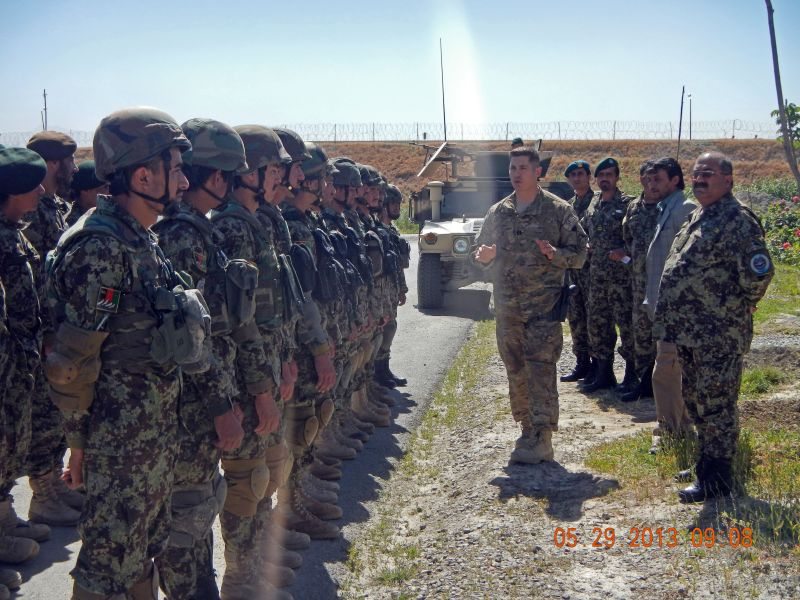The European Union’s decision to lift its arms embargo on the Syrian opposition has provided Russia with a new defence of its controversial weapons deliveries to President Bashar al-Assad’s regime.
Russia reacted with fury to the EU’s decision Monday — advocated primarily by Britain and France — to lift its arms embargo on the rebels fighting to oust Assad.
Moscow, a key backer of Assad, has since escalated its sabre-rattling, announcing it intends to keep its contract to supply the Syrian regime with sophisticated S-300 missiles, which can shoot down both incoming missiles and warplanes.
Russia’s Defence Minister Sergei Shoigu implied Wednesday that the EU’s decision had untied Moscow’s hands, hinting that Russia could now supply weapons banned by international treaties.
“Every decision has two sides. If one side lifts its restrictions, then the other side may no longer feel compelled to keep its previously adopted obligations,” Shoigu said while on a visit to Helsinki.
Analysts said the comments reflected the Kremlin’s apparent belief that it was obligated to support its biggest Middle East ally in the face of what it perceives as the Arab world and the West’s unfair support for the rebels.
One of the biggest questions now is whether Moscow will in fact follow through on its threat to supply Syria with S-300s — a prospect that even brought Israeli Prime Minister Benjamin Netanyahu to Russia for private talks with President Vladimir Putin earlier this month.
Israel has already implied it might wipe out any S-300 shipments with new bombing raids, with Defence Minister Moshe Yaalon warning on Tuesday that Israel would “know what to do” if Russia delivered the missiles to Assad.
Regional expert Alexei Malashenko of the Carnegie Moscow Centre said that “Russia could use the EU embargo to strengthen its own position concerning the S-300 deliveries.”
“They are going to use this argument,” said Malashenko.
But he added that Russia was unlikely to fulfil its S-300 contract if Moscow and Washington were successful in their ongoing efforts to arrange a Syria peace conference to get the two warring sides engaged in their first round of direct talks.
The prospects for such a meeting at this stage look fleeting because of sharp divisions in the opposition and divergent views in Russia and the West about which regional players should be invited to the talks.
Foreign and Defence Policy Council think-tank chairman Fyodor Lukyanov called the EU embargo lifting and Russia’s 3-300s threat a diplomatic “game” that the two sides were playing while the situation on the ground deteriorated.
“You are seeing both sides use the same arguments,” Lukyanov said.
“They are saying that in order to push the two sides toward peace, you have to put pressure on the other side,” he added.
“And to do that, the European Union is supporting the opposition, and Russia — Assad.”











